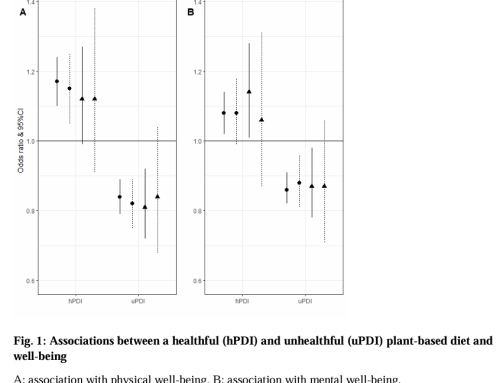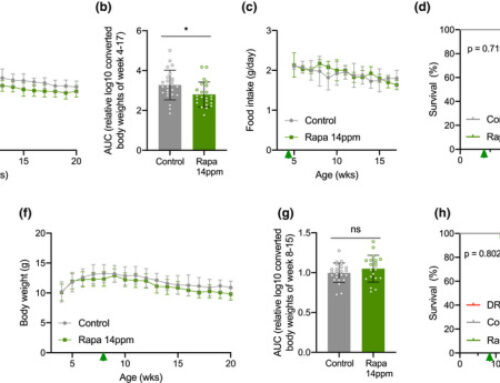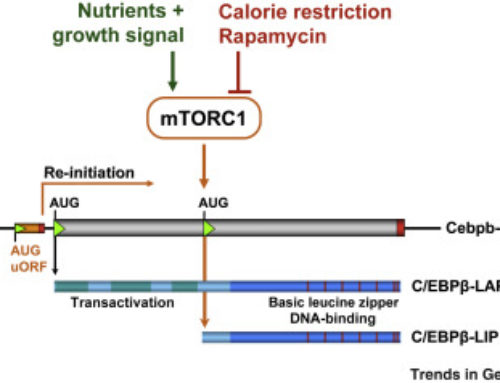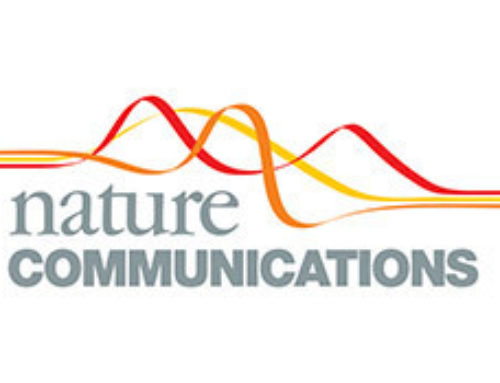Edyta E. Wojtowicz9, Eric R. Lechman9, Karin G. Hermans9, Erwin M. Schoof, Erno Wienholds, Ruth Isserlin, Peter A. van Veelen, Mathilde J.C. Broekhuis,George M.C. Janssen, Aaron Trotman-Grant, Stephanie M. Dobson, Gabriela Krivdova, Jantje Elzinga, James Kennedy, Olga I. Gan, Ankit Sinha, Vladimir Ignatchenko, Thomas Kislinger, Bertien Dethmers-Ausema, Ellen Weersing, Mir Farshid Alemdehy, Hans W.J. de Looper, Gary D. Bader, Martha Ritsema, Stefan J. Erkeland, Leonid V. Bystrykh10, John E. Dick10, Gerald de Haan10
9Co-first author, 10Co-senior author
Umbilical cord blood (CB) is a convenient and broadly used source of hematopoietic stem cells (HSCs) for allogeneic stem cell transplantation. However, limiting numbers of HSCs remain a major constraint for its clinical application. Although one feasible option would be to expand HSCs to improve therapeutic outcome, available protocols and the molecular mechanisms governing the self-renewal of HSCs are unclear. Here, we show that ectopic expression of a single microRNA (miRNA), miR-125a, in purified murine and human multipotent progenitors (MPPs) resulted in increased self-renewal and robust long-term multi-lineage repopulation in transplanted recipient mice. Using quantitative proteomics and western blot analysis, we identified a restricted set of miR-125a targets involved in conferring long-term repopulating capacity to MPPs in humans and mice. Our findings offer the innovative potential to use MPPs with enhanced self-renewal activity to augment limited sources of HSCs to improve clinical protocols. Link to whole article.







